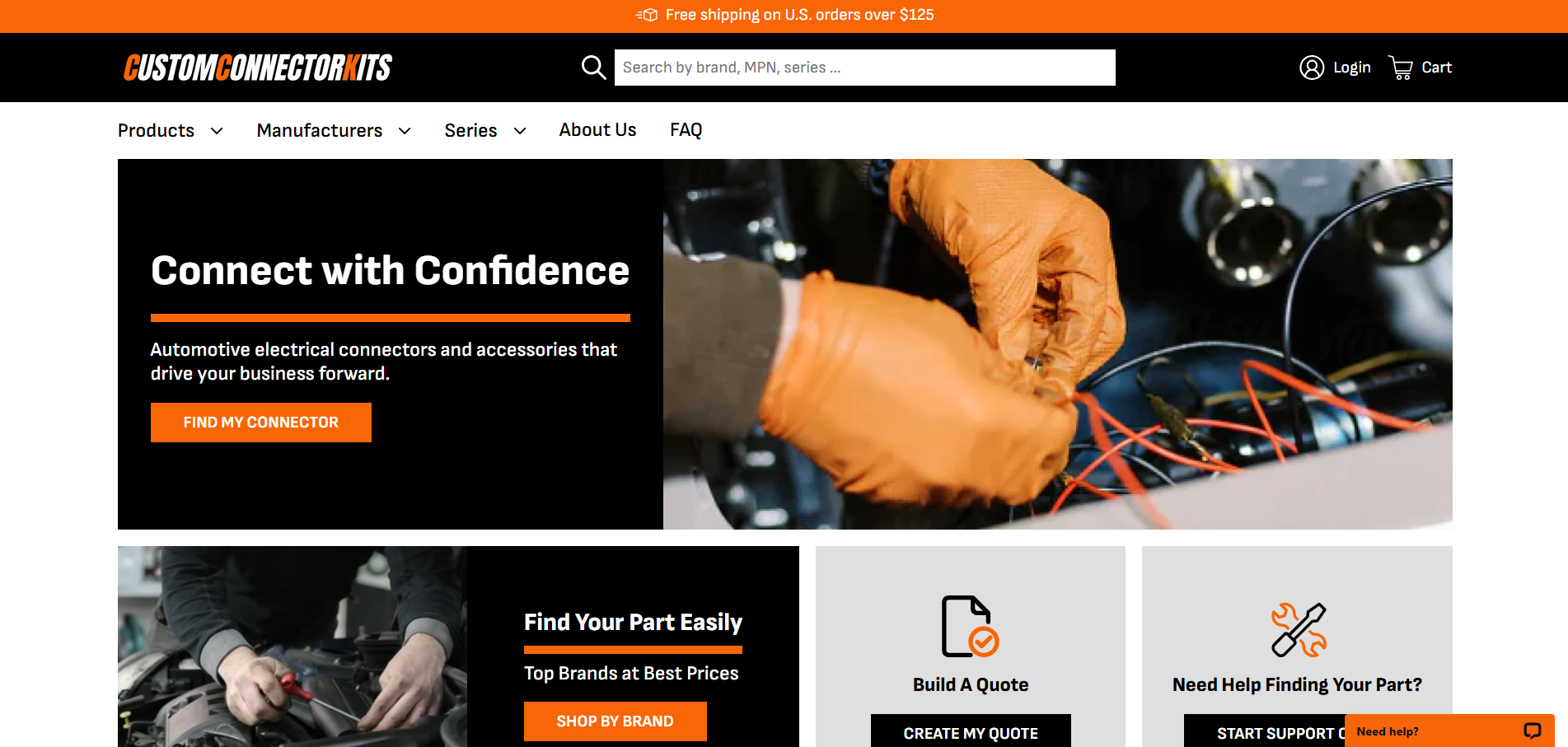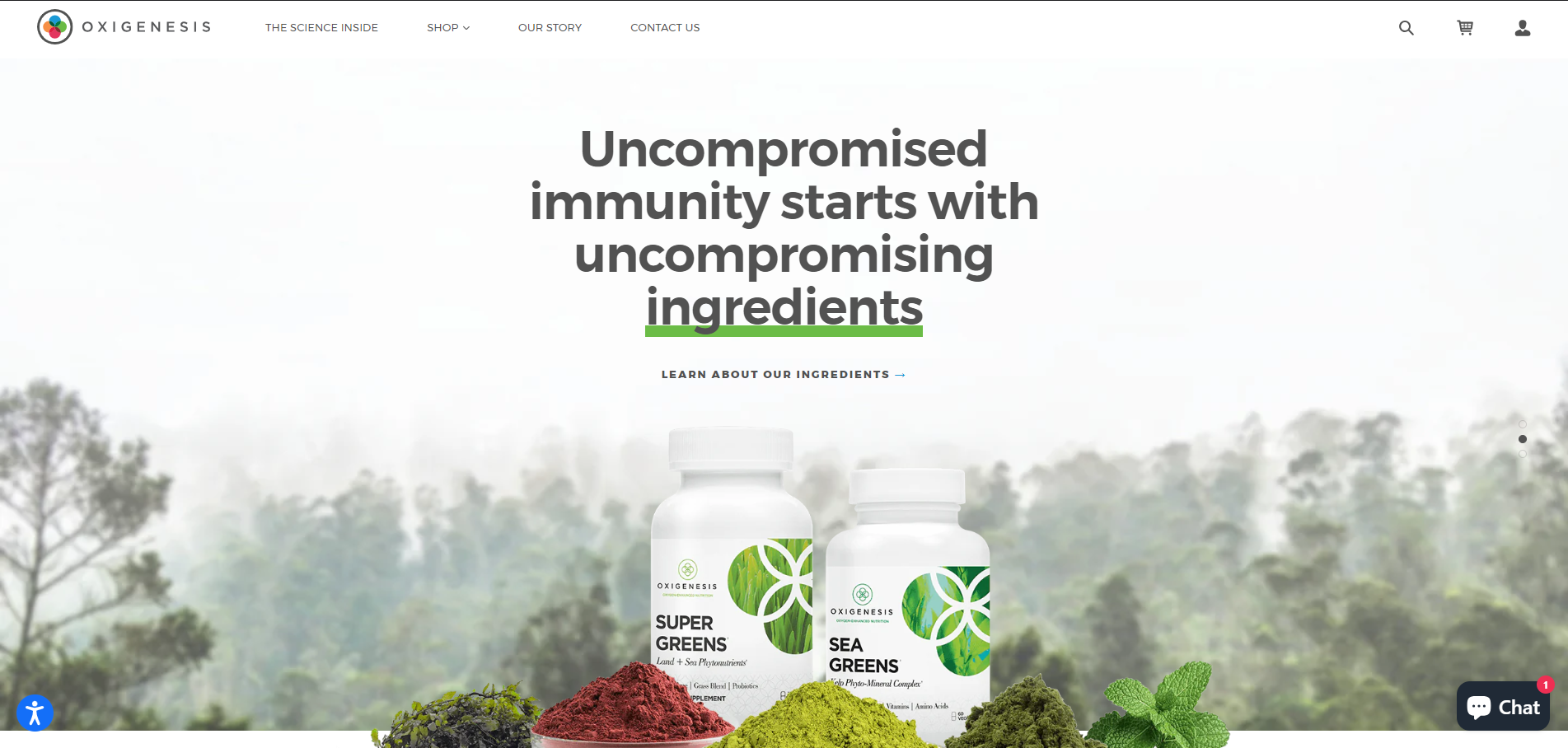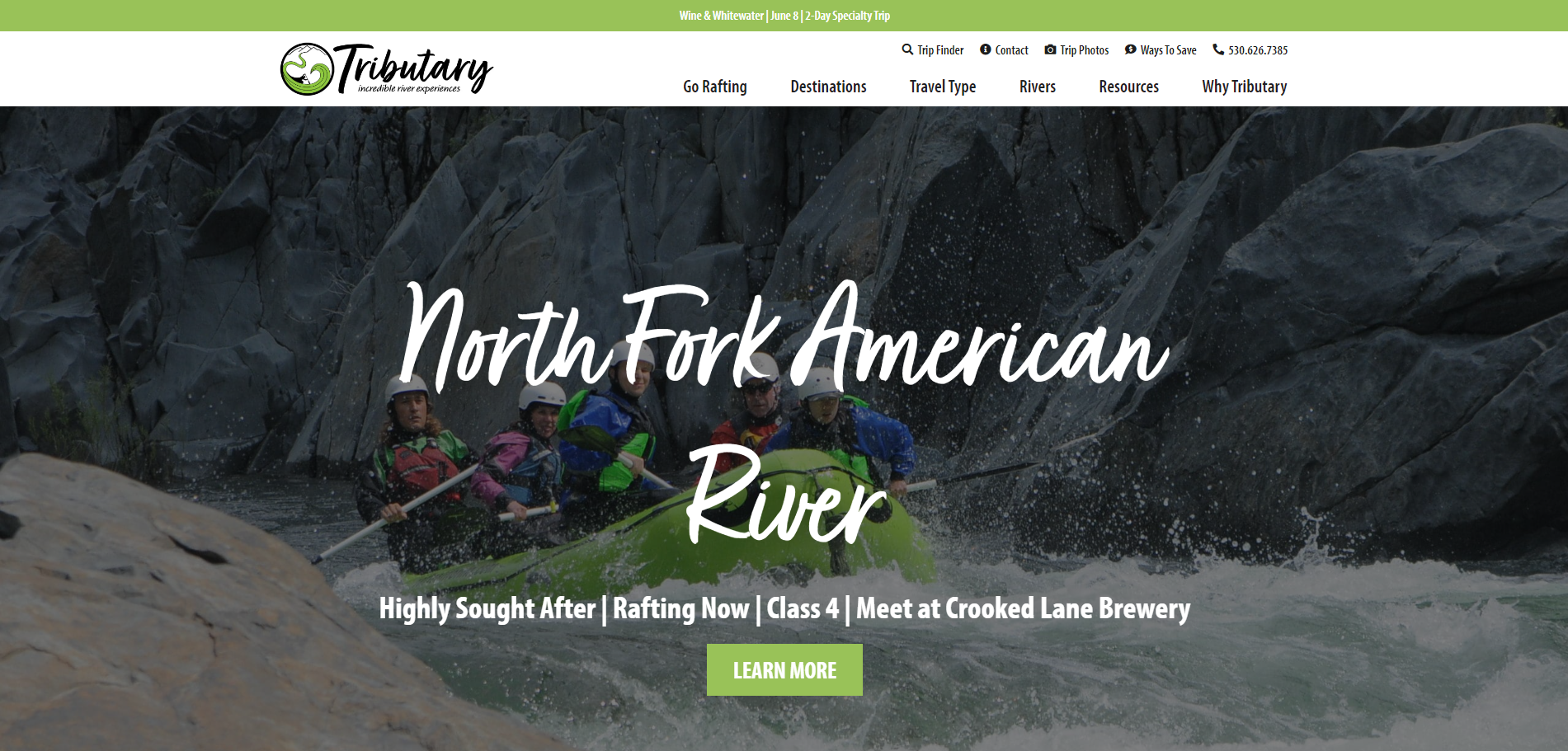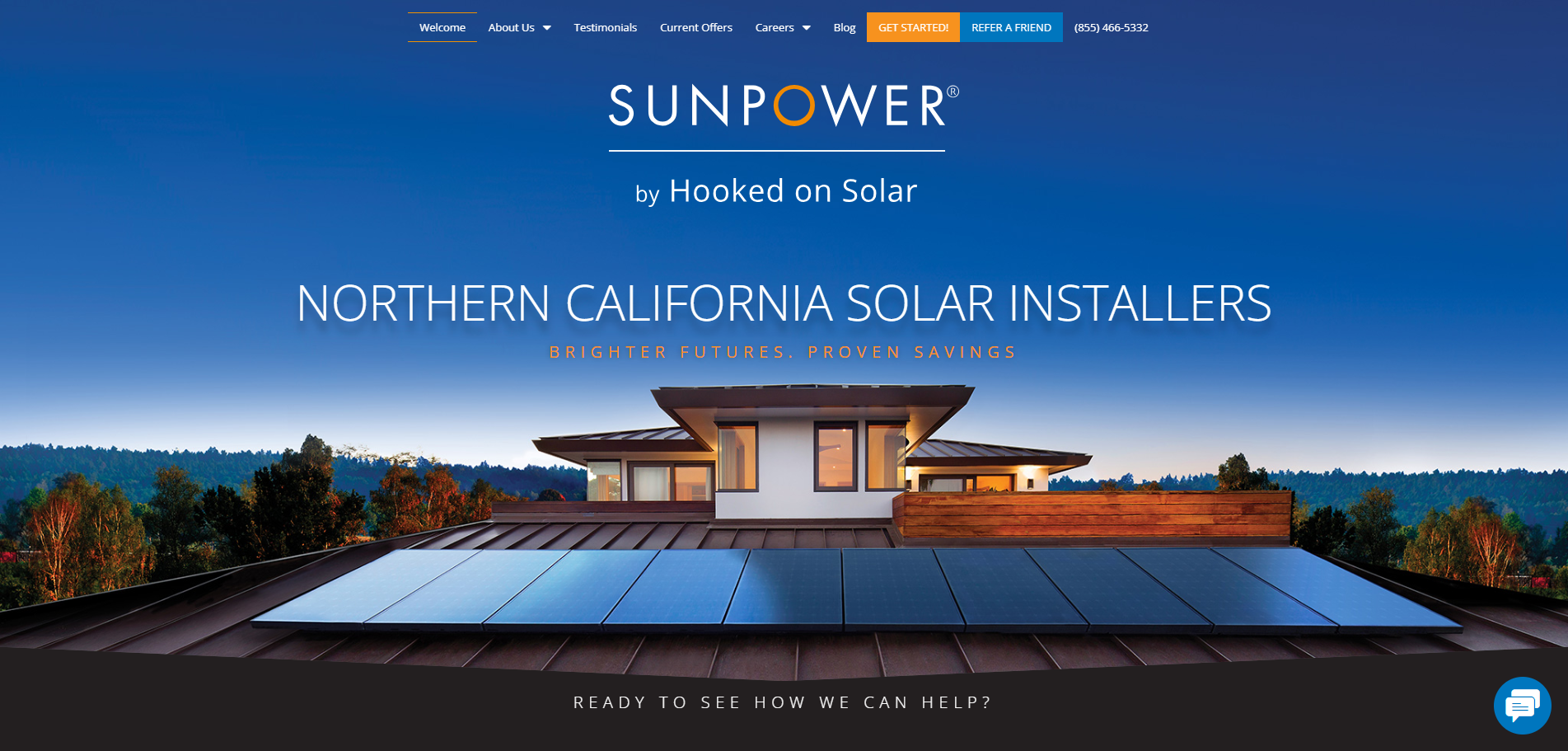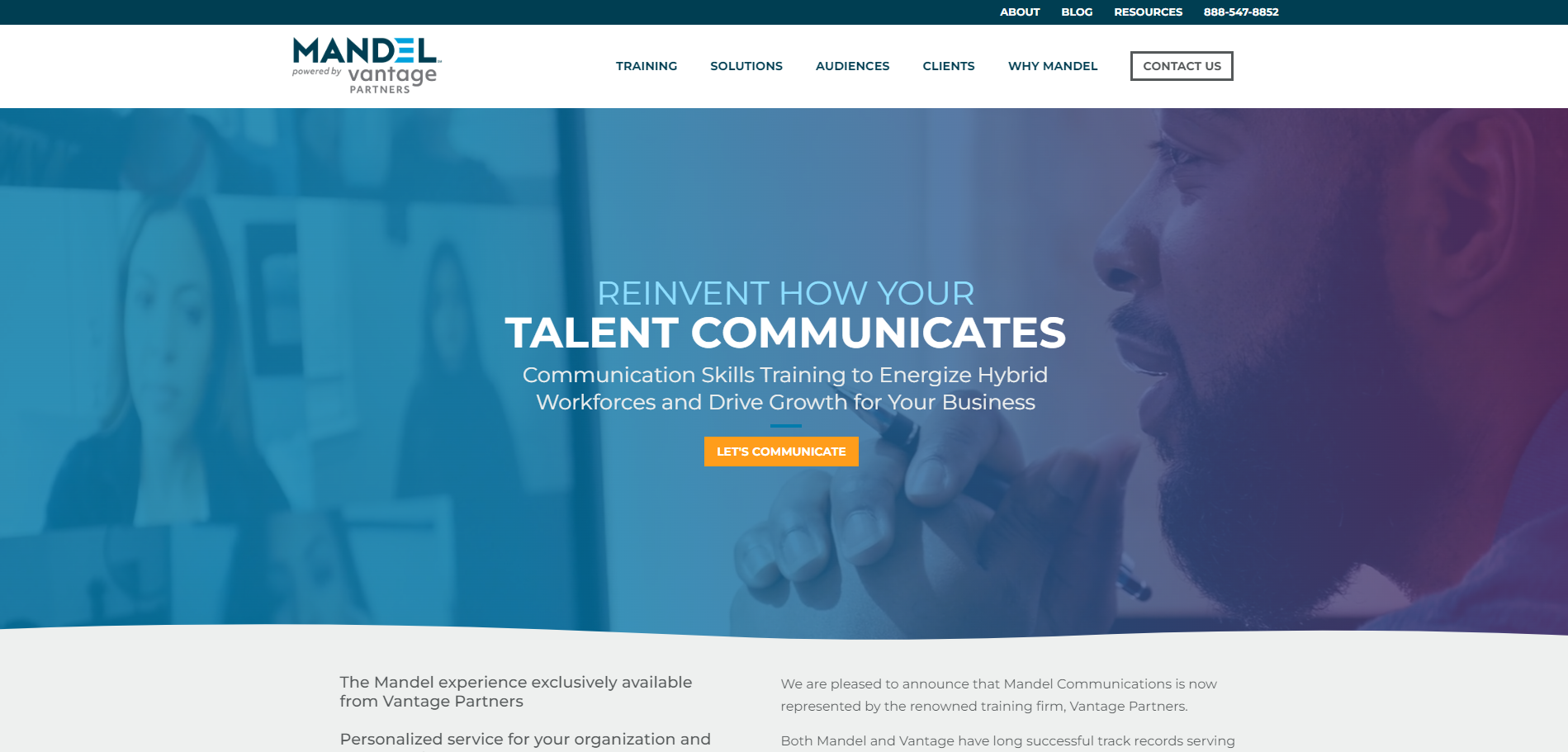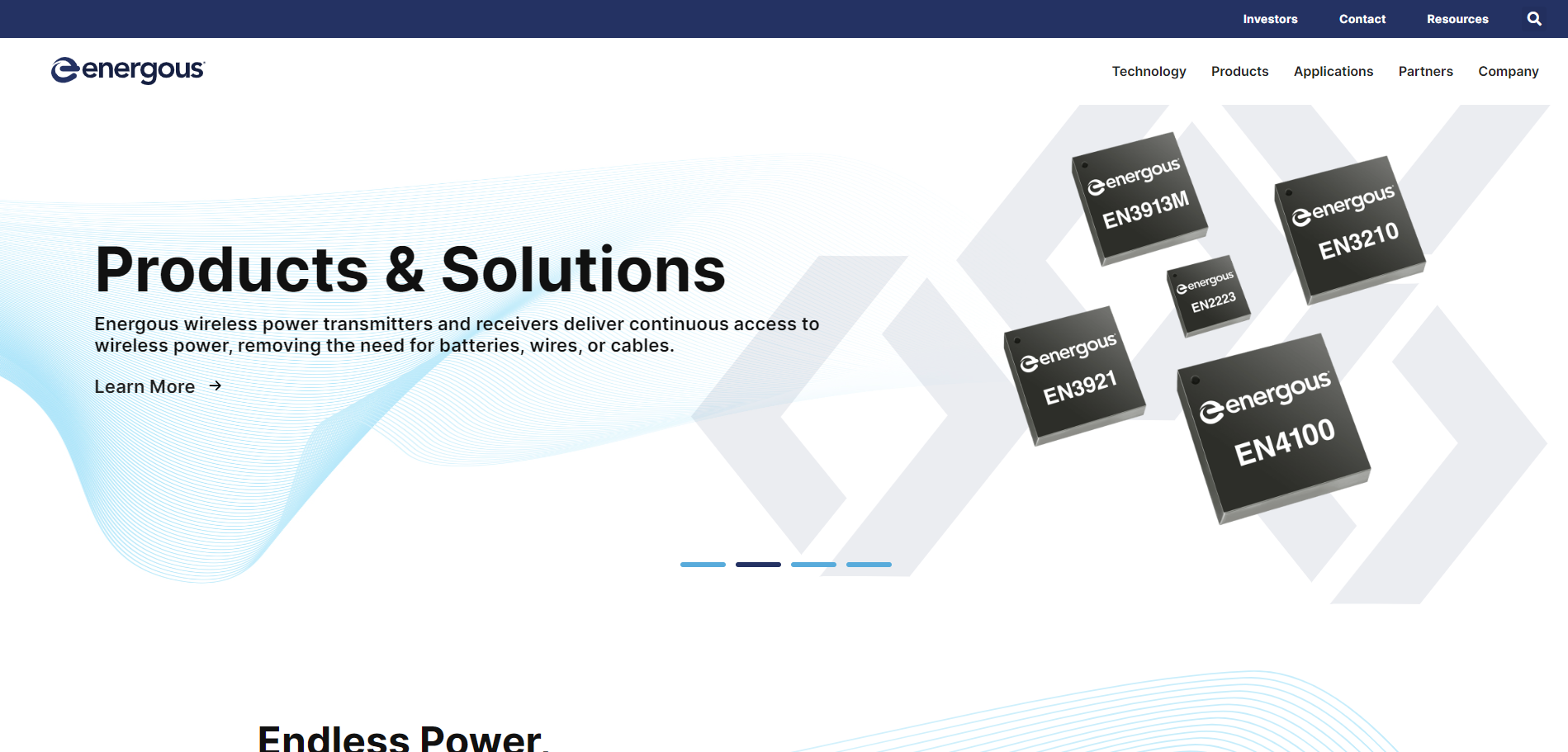Benefits of a Well Built Website
- Positive Interaction: A user-friendly website ensures visitors have a pleasant experience, making it easier for them to find information.
- Lower Frustration: Good UX design minimizes user frustration by providing intuitive navigation and clear instructions.
- Longer Visits: Visitors are more likely to spend more time on a website that is easy to navigate and visually appealing.
- More Interactions: Engaging content and intuitive design encourage users to interact with various elements, such as forms, buttons, and links.
- Clear CTAs: Effective UX design includes clear and compelling calls-to-action (CTAs) that guide users towards desired actions, such as making a purchase or signing up for a newsletter.
- Streamlined Processes: Simplified and efficient processes, such as checkout or sign-up forms, reduce barriers to conversion and increase the likelihood of completion.
- Professionalism: A well-designed website conveys professionalism and credibility, making a positive first impression on visitors.
- Brand Image: It serves as a reflection of your brand, showcasing your values, mission, and the quality of your products or services.
- 24/7 Availability: Your website is accessible to users around the clock, allowing potential customers to learn about your business and make purchases at any time.
- Global Reach: It enables you to reach a global audience, expanding your market beyond local boundaries.
- Information Hub: A website provides a centralized place where customers can find information about your products, services, and company.
- Interactive Features: Features like contact forms, live chat, and comment sections enable direct interaction with your audience.
- Lead Generation: A great website is a powerful tool for generating leads through forms, calls-to-action, and engaging content.
- Sales Channel: It can serve as an e-commerce platform, allowing you to sell products or services directly to customers.
- Testimonials and Reviews: Showcasing customer testimonials and reviews builds trust and credibility with potential customers.
- Security: A secure website (HTTPS) assures users that their data is protected, further enhancing trust.
- Search Engine Optimization (SEO): A well-optimized website improves your visibility in search engine results, driving organic traffic to your site.
- Content Marketing: Regularly updated, high-quality content can attract and retain visitors, contributing to better SEO performance.
- Consistent Branding: A great website allows for consistent branding through design, color schemes, logos, and messaging.
- Brand Awareness: It helps in building and increasing brand awareness by making your brand more visible and recognizable online.
- Differentiation: A unique and well-designed website sets you apart from competitors and can be a deciding factor for customers choosing between similar offerings.
- Innovation: Keeping up with the latest web design trends and technologies demonstrates that your business is forward-thinking and innovative.
- Data Collection: A website allows you to collect valuable data about your visitors, such as demographics, behavior, and preferences.
- Analytics: Tools like Google Analytics provide insights into how users interact with your site, helping you make informed decisions to improve user experience and marketing strategies.


